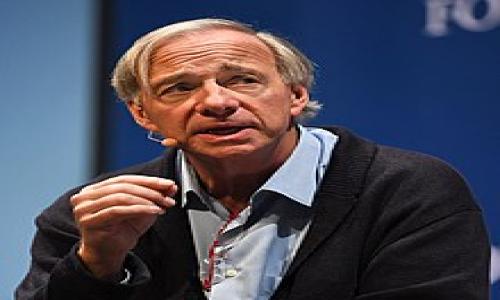Investors who want to buy new issues of municipal bonds can do so through a process called the Retail Order Period.
In the Retail Order Period, municipalities set aside a portion of their bond offering for retail consumers and allow the general public to purchase the bonds before institutional investors. This order period generally lasts for 1-2 days before the municipal bonds are offered to institutional investors. The minimum purchase is usually $5,000 and the maximum purchase is $1,000,000.
The Municipal Bond Retail Order Period
The retail order period allows investors to get the same deal as the large institutional players. The municipal bonds are sold to investors without any mark-up or purchase fee. That is build into the discount the underwriter has previously negotiated with the issuer.
The retail order period is run by the banks who are leading the new issuance, called senior bankers. These banks provide preliminary pricing as well as a bond schedule with yields. If you have an account with one of these bankers or with a bank that is syndicating the issuance, you can place an order through your broker.
Generally, bonds are offered on a schedule. That is, the offering will be broken into a series of maturity years, with differing coupons. You can decide for example, if you want to go with a 5 year bond, or a 10 year bond (assuming these terms are offered). Both might pay 4%. Even similar maturity bonds can have different coupons. For example, you might have one 10-year bond that has a 4% coupon and another that has a 6% coupon. In this case, the 4% coupon bond would sell at a discount. In both cases, the actual yield is still 4%.
Closing the Municipal Bond Retail Order Period
Once the retail order period closes, the bankers aggregrate all of the orders. If there is great demand and the issuance is oversold, several things can happen:
- The issuer can decide to lower the yield. At that point, the brokers will go back to their clients and see who is still interested at the lower yield.
- The issuer can accept the deal and dole out the offering on a pro rate basis. So if the offering was for $50 million in bonds and there was $100 in demand, each investor would get 50% of their initial order.
If there is less demand, the issuer might decide to offer a higher yield or cancel the offering.
It's important note though that once a retail investor decides to buy a municipal bond and places the order with their broker, they are committed to that amount unless the yield or any other part of the offering changes in a way that is contrary to the interest of the buyer.




Comments
marvin weinberg
February 23, 2011
Good article, but how is one to find the retail orders-
Are they advertized or is there a site to go to find when the retail orders are available.
Thanks,
marv
Is this review helpful? Yes:0 / No: 0
rdurig
November 16, 2011
Yes go this webpage and sign up the state you want:
http://investment-income.net/14289municipal-bond-new-issues-news-calendar-rates-quotes-and-updates.html
Is this review helpful? Yes:0 / No: 0
Add your Comment
or use your BestCashCow account